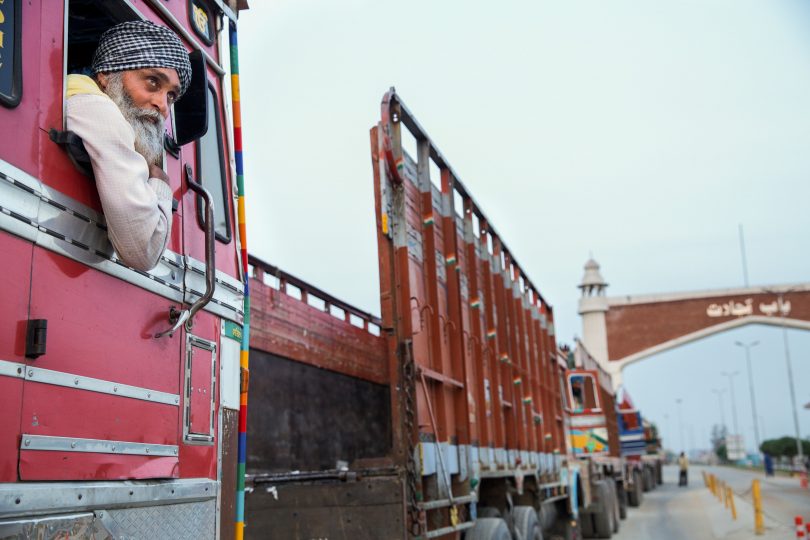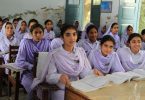Reported with the assistance of Danish Baber and Hassan Ali, from The University of Peshawar.
Uncertain futures for Afghani refugees living in Pakistan are having devastating effects on transnational marriages and families.
There are 400,000 registered Afghani refugees in Pakistan, but estimates say there are a further 1.3 million people living in the country unregistered. Many of these refugees fled Afghanistan as children with their parents in the late 1970s.
Marriages between Afghani and Pakistani nationals are not uncommon, with many couples having grown up together in Pakistan before entering into arranged marriages once they reached adulthood.
But the Pakistani government has never given these Afghani refugees permanent citizenship, and now many are being forced back to Afghanistan – even when Pakistan has been their home since early childhood.
In recent months, the uncertainty many transnational families face has been heightened following Pakistan’s decision to close the Torkham and Chaman borders. The Torkham border, located near Peshawar, is the busiest border crossing between Pakistan and Afghanistan.
Over the past decade, Pakistan has regularly closed its border with neighbouring Afghanistan, often as a response to terror attacks or when relations between two countries declines. Following a suicide-bomb attack which killed 88 people on February 16, Pakistan responded by immediately closing the border, believing Afghanistan offers a safe-haven for those responsible for the attack.
This resulted in trade between the two counties stopping suddenly. It also left many families on either side of the border separated from one another. Although trade between the two countries has since resumed, the number of people trapped on either side of the border served as a sudden reminder of the uncertain future many families face.
The political decisions of the Pakistani Government are experienced on a personal level by Gulayle; a Pakistani woman who has been married to her Afghani husband for 17 years. Gulayle and her husband Aleem lived on the same street growing up, and their parents arranged their marriage when Gulayle was 18. They have three children together.

Photo credit: USAID Pakistan via VisualHunt
Aleem is an Afghani refugee, whose family fled to Pakistan at the beginning of the Soviet-Afghan War in 1979. Like Gulayle, Aleem is a Pashtun, an ethnic group which have long lived on either side of the Pakistani-Afghan border.
Although they share a culture, Gulayle and her husband have never been united under one nationality. Aleem has never been able to become a Pakistani national, despite Pakistan being all he knows.
Aleem is among the registered refugees in Pakistan who hold Proof of Residence (PoR) cards, giving them legal residency status in the country. These cards have recently been extended until the end of 2017, but if the Pakistani government fails to further extend the legal residency status for these refugees past the end of the year, many, including Aleem, may be forced back to Afghanistan.
Pakistan’s government considers Gulayle’s children to be Afghani nationals and if Aleem must return to Afghanistan, he wants to take his children with him. Gulayle faces the prospect of losing her entire family if Pakistan is to cancel her husband’s PoR card.
If Aleem is to move back to Afghanistan, Gulayle will either be forced to separate from him and her children or go with them. If she chooses to go to Afghanistan, she will be exposed to a country embroiled in war and turmoil.
If she chooses to stay, she risks losing her children. A family separated by a border, unsure if when the next time it closes, it will ever open again.
Acknowledgements
The authors would like to thank Danish Baber and Hassan Ali from the University of Peshawar for their collaboration on this article. Their assistance in gathering information, providing context and explaining the difficult future many Pakistani-Afghan families are faced with led to the creation of this article.
We also appreciate their willingness to get in contact with Gulayle, and the fact they took the time to interview her for this article. We extent our appreciation to Guyalye for discussing her family’s uncertain future with us.







